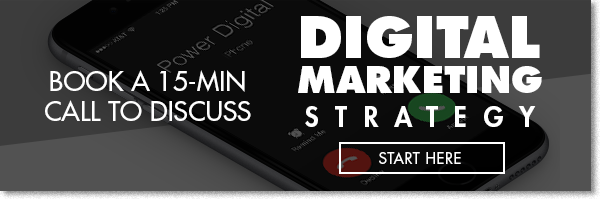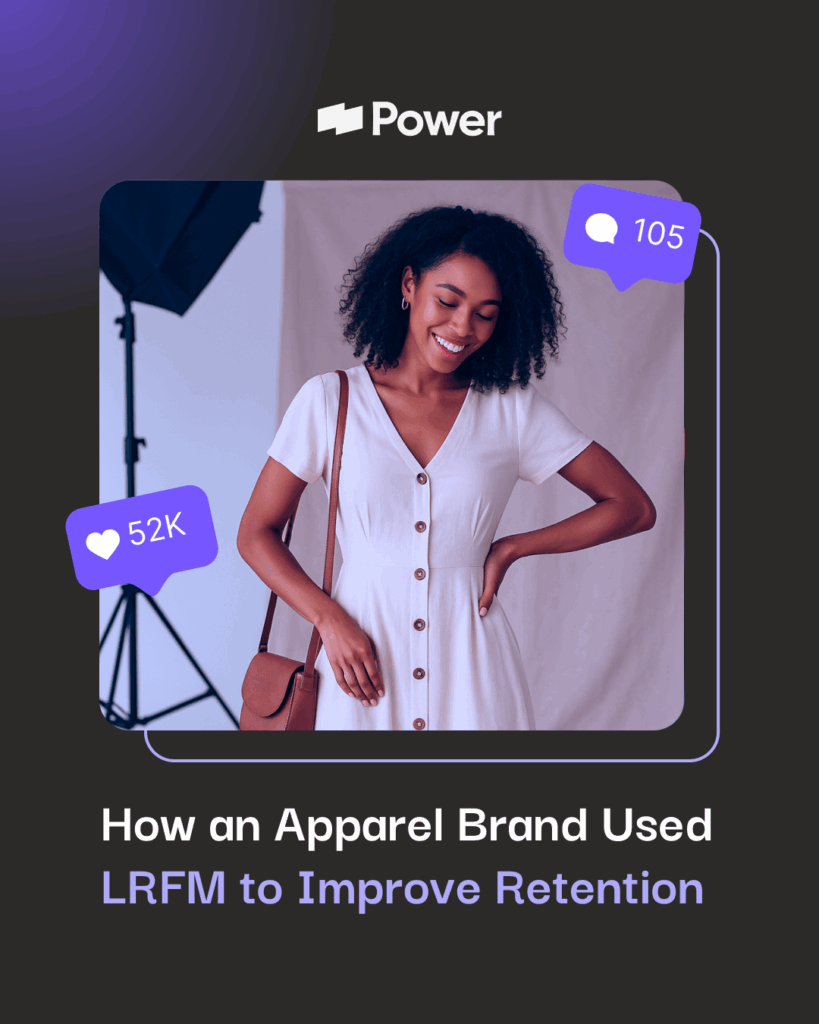7 Marketing Automation Best Practices From Digital Marketing Experts

Marketing automation will increase revenue, save your team time, and boost creativity…if done right.
When implemented correctly, marketing automation has impressive power. For example:
91% of brands that use marketing automation feel it is an integral part of their successful online marketing.
(Thanks for the info, Marketo!)
Yes, adopting automation is great. However, most companies do NOT use automation to its full potential.
In fact, 85% of B2B marketers do not feel they are maximizing their marketing automation platform, cited by SiriusDecisions.
The good news: With intentional strategy and practices, we can get more out of your automation investment.
Our team of digital marketing experts has gathered and is now about to share (dun dun dunnnnnn!) their marketing automation best practices.
Ready to Learn the Best Practices for Marketing Automation?
To confirm, marketing automation is the process of going hands-free and having software that automates your marketing workflow.
(Learn more about Marketing Automation & What it Is here.)
Let’s make the most of your business and share our experts’ marketing automation best practices.
First, Map Out Your Goals and “Why”
Before starting any marketing automation, it is important to know the who, what, why, and ultimate objectives.
Here is a metaphor for ya.
You crave a cheeseburger.
You know what ingredients are needed. (Bun, Sharp cheddar…)
After acquiring the right ingredients, you follow cooking steps to make the beautiful, bodacious (veggie? turkey?) burger.
Marketing automation is identical. When you know your end goal, you can assemble the right elements and take the proper steps.
Sit down with your team and determine:
- The long-term and short-term goals of the company
- What role marketing automation plays in making those goals happen
- What outcome you want from each specific marketing automation
- The type of branding, tone, language, and personality you and your team want your brand to convey
Salesforce recommends using the SMART framework for marketing automation goal setting.
- Specific: Be clear on the ultimate objective.
- Measurable: Know what to measure; what metrics will determine if the automation was successful?
- Attainable: Be realistic with goals. Based on previous campaigns and resources, what is a realistic metric your campaign can achieve?
- Relevant: Make sure the marketing automation goals align with your brand’s big picture goals and customers’ values and interests.
- Time-bound: Institute a deadline.
Make a Welcome Email Workflow
Use the #1 opportunity to impress and connect with a new subscriber.
Send a welcome email within one day.
It is typically the most effective type of marketing automation.
In this Experian study, welcome emails had as much as 4x the open rate and 5x the number of clicks.
When writing your welcome email, keep these elements in mind.
Let your personality shine.
This is a chance to connect with the reader on a personal level; make the writing authentic and conversational.
Provide value.
Think about the person who has likely signed up for your email list; what are their hopes and struggles? Are they in a specific industry or career? What is a problem you solve? Give them value, perhaps through:
- Sharing an article
- Guiding them to a helpful video
- Linking to a podcast episode
Give ‘em something sweet.
Thank them for signing up. After all, there are SO many brands they could have signed up for an email from – and they chose yours. Consider a free download, special deal or template.
Say thank you directly.
Saying thanks with a coupon code or freebie is great. It’s also powerful to directly write out, “Thank you for signing up!”. They have many options in this digital age. Acknowledge them for their choice.
Personalize your message.
Whenever possible, work in personal elements into the email, like having the email address their name. “Hi Veronica” vs. “Hi you”
Why? According to Pinpoint Marketing, using someone’s name in an email can increase the open rate by up to 35%!
Include a Call to Action.
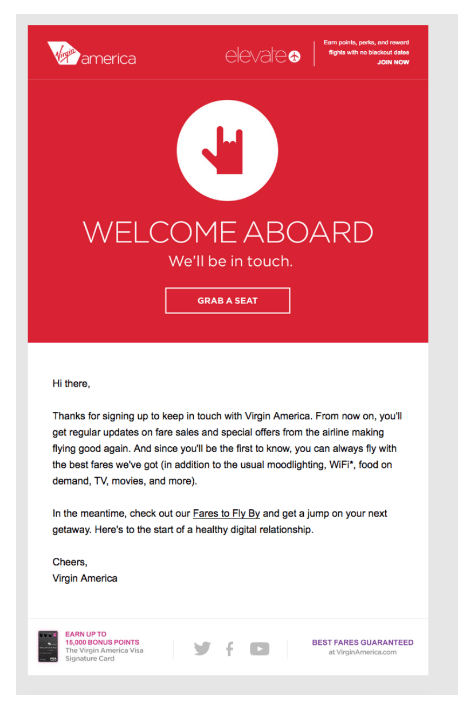 A Call to Action is what you tell someone to do in or after a message. (Read this article. Get your discount now.) CTAs are important in all emails. Actually, they are important in all marketing automation, from social media ads to blogs. Be clear on what your goal is, and craft the right CTA accordingly.
A Call to Action is what you tell someone to do in or after a message. (Read this article. Get your discount now.) CTAs are important in all emails. Actually, they are important in all marketing automation, from social media ads to blogs. Be clear on what your goal is, and craft the right CTA accordingly.
Tips are great, but we also want to share more tangible inspiration.
Here are a few examples of great Welcome Emails.
As featured here, Virgin America presents a welcome email that says thank and is informative.
As shared by Campaign Monitor, Broadway.com used their welcome email as a chance to offer a great deal, as well as share shows their audience was likely interested in. After all, someone signing up for a Broadway website is someone who loves shows and is going to be very excited about a discount.
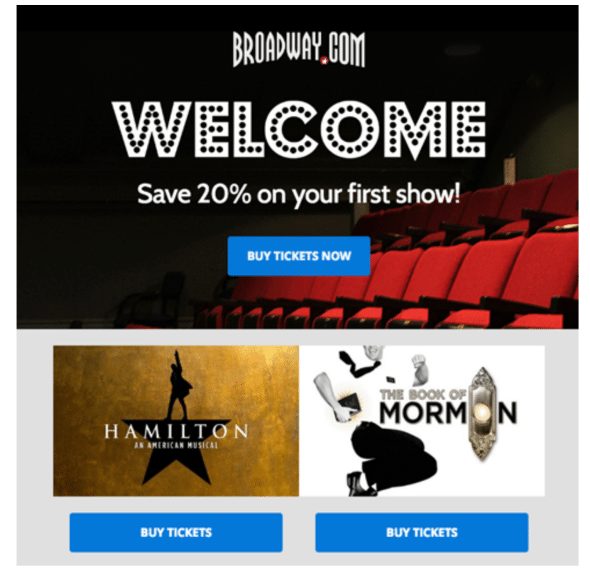
Use Automation for More than Sales
Sales are great. They make money, which grows your business and its capabilities.
However, automating is not just for direct selling. Utilize automation in other strategic ways.
Share Resources
Share new articles or blogs on topics that are relevant to your audience.
Ask for Product Feedback
Ask for feedback on a product they bought. (For example, you could automate a feedback email to go out 7 days after a product is shipped.) Here are a few tips when requesting feedback:
- Make it very clear that you seek honest thoughts, not niceties.
- Write specific questions for them to answer. Sometimes, people are not sure what type of feedback or information to provide.
Give a Freebie
Provide a free resource, like an ebook. This is a great tactic for giving value and building an email list, such as the InsightSquared ad below.
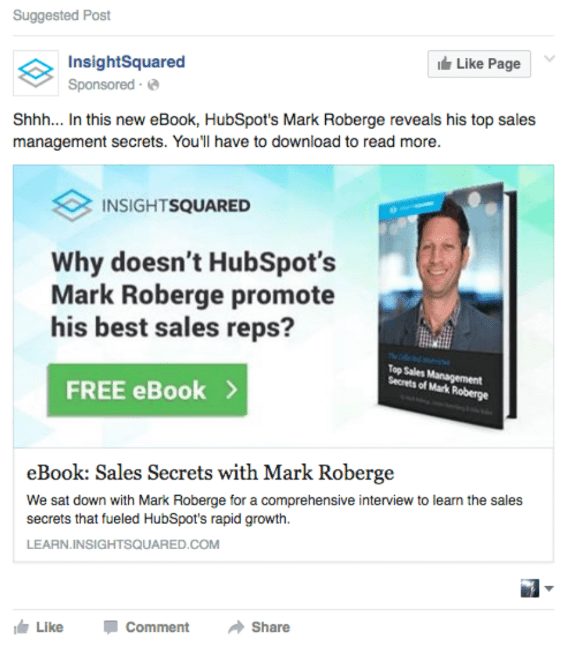
Ask for People’s Stories
Invite people to share images or stories. This is user-generated content that can be used for your brand marketing, plus is uplifting and exciting for your customer. They will show their friends when you post their image on social media!
Get Brand Feedback
Send out a survey and use it to learn more about your customer’s general needs and goals. Learning about them will help you develop that much better products and/or services.
Cater to Your Customers’ Buying Cycle
When automating, it is important to understand the cycle of your customer’s buying journey.
A bathing suit designer will do best with marketing campaigns in late spring and summer…not the start of winter.
Your brand’s products or service buying cycle may not be as obvious as the “teeny weenie polka dot bikini”.
Use data to monitor buying habits, and establish marketing automation accordingly.
Understand when and why your customers want your product or service, as well as any accompanying add-ons or accessories.
Preview the Automation
Always do a preview of what your marketing automation will look like when it goes live into the universe.
Send yourself test emails. Preview Facebook ads.
See how the campaign shows up on different devices. For example, see how it looks on:
- Computers
- Tablets
- Phones
Here are additional, important ways to check and preview your automation:
- Do previews on different browsers because, yes, things can look differently on Safari vs. Chrome!
- For email, note the subject line, “from” name, and “to” name.
- Check links to make sure they are going to the right place. No one wants a 404 error.
Based on your analysis, adjust anything that is off kilter.
Segment Your Audience
Real quick, think about this.
Someone asks for a restaurant recommendation. By finding out what neighborhood they are in and the type of food they crave, you can suggest the most relevant possible venue.
Craving Indian food in NYC for a casual lunch?
Seeking Italian cuisine for a business dinner in San Diego?
Two different segments with very different needs.
Segmenting audiences is a top rule for marketing automation.
Consider breaking groups down by:
- Industry
- Demographics
- Profession or role in a company
- Product purchased or how they subscribed (i.e. Everyone who downloaded “7 Ways to Flip a Home in San Diego” vs. “A Guide to First Time Home Buyers in North Carolina”)
According to eMarketer, using segmentation lead to up to 39% higher open rates.
Keep Messages Short & Concise
In all marketing automation, the message to the audience needs to be in as few words as possible.
It feels like modern humans are busier than ever before; they love messages, emails, and ads get right to the point.
- Quickly establish rapport & understanding
- Make it clear what and why you are sharing something (Why the link, How the freebie helps them!)
- The next action they should take (CTA)
Ready to Maximize Your Content?
It is fantastic you are ready to make the most of marketing automation with these best practices.
We truly hope the insights from our experts, shared in this blog, help you reach that.
Because you want to be up-to-date on marketing, we want to be sure and share one more thing.
Content is key for use in automation. Best practices change up all the time! Never fear though, we have gathered the latest Content Marketing Trends.
Our Editorial Standards
Reviewed for Accuracy
Every piece is fact-checked for precision.
Up-to-Date Research
We reflect the latest trends and insights.
Credible References
Backed by trusted industry sources.
Actionable & Insight-Driven
Strategic takeaways for real results.


